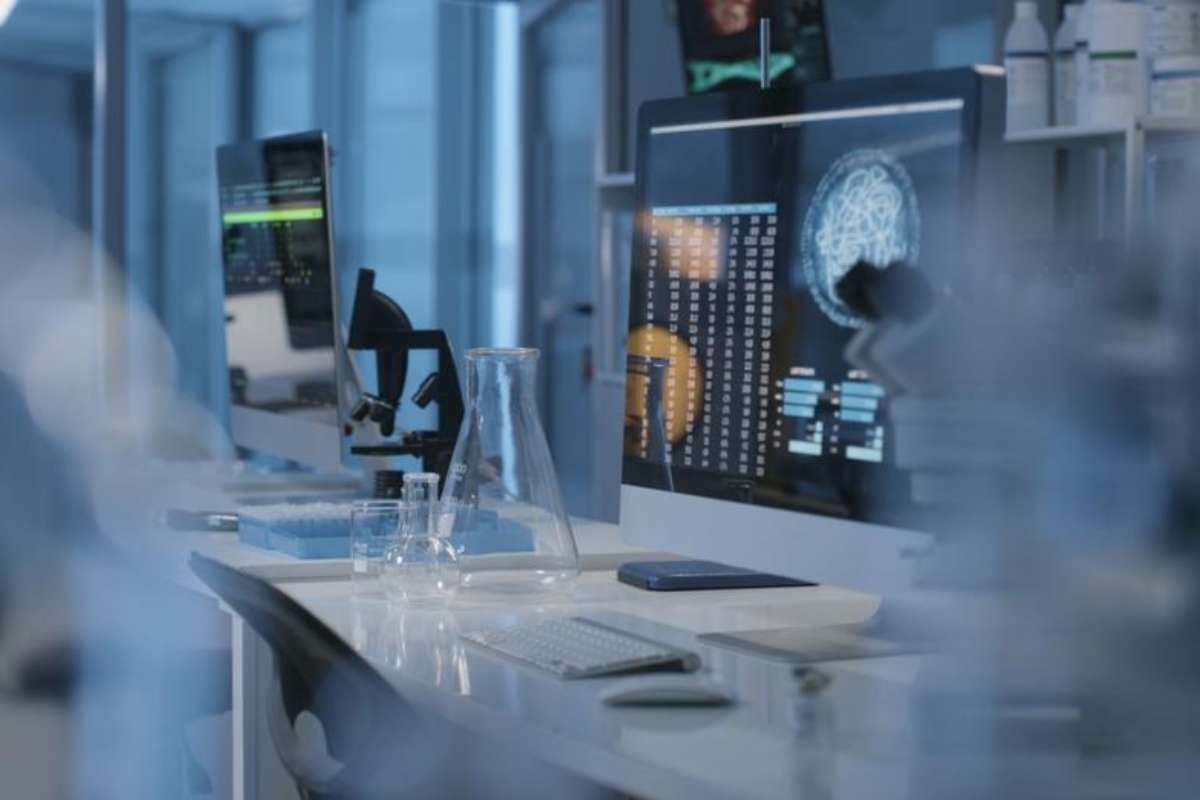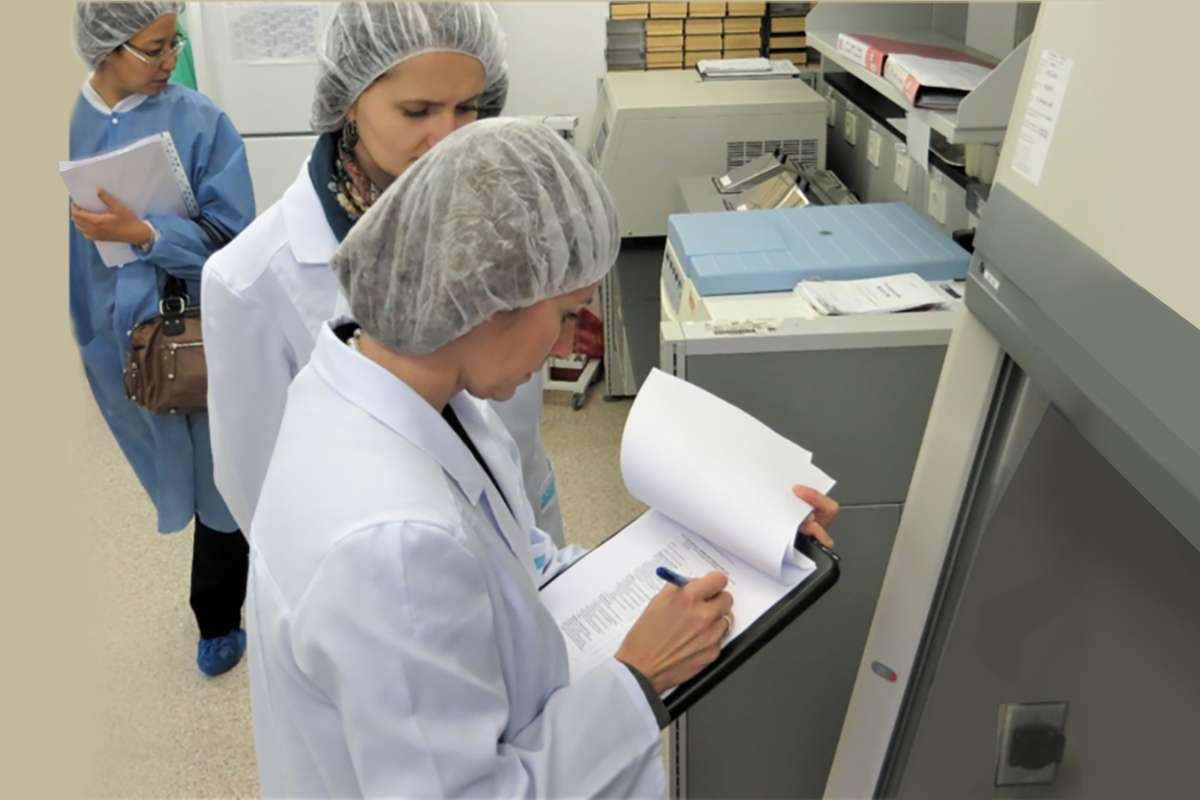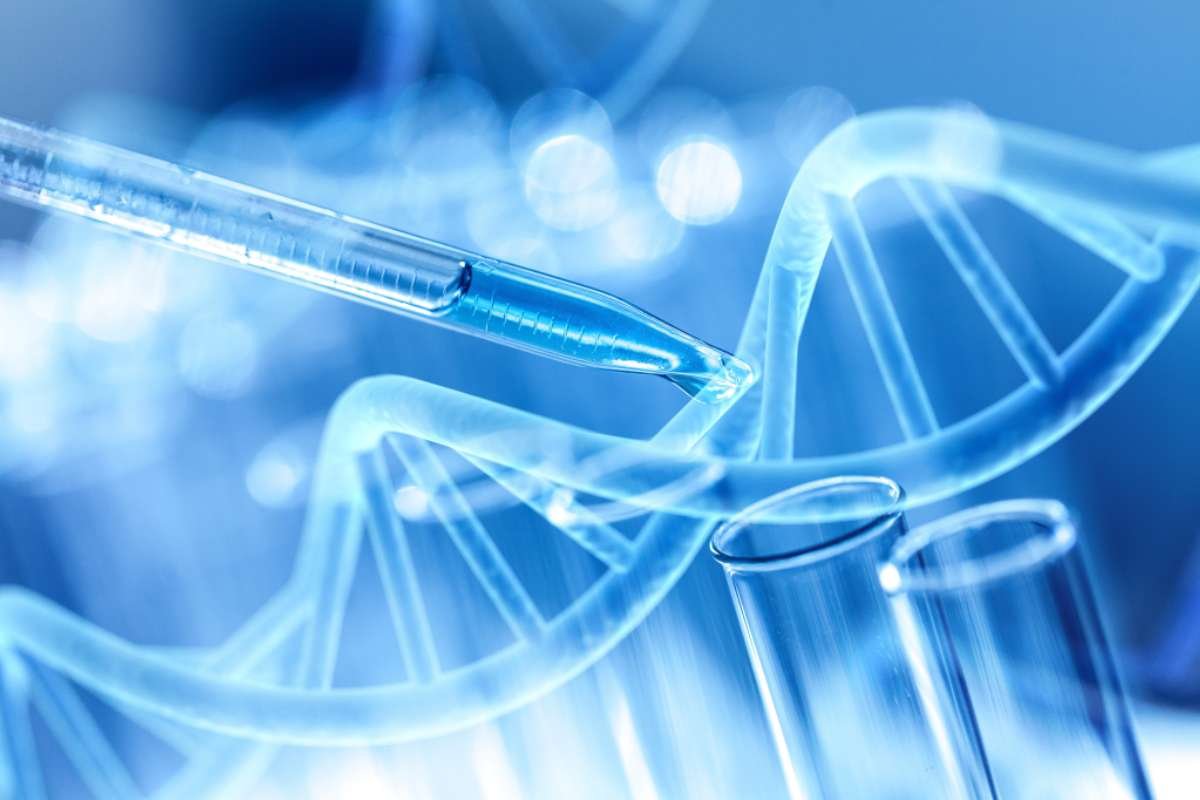In a world where biotechnology, biomedical research, and infectious disease management are at the forefront of global health priorities, the need for specialized training in biorisk management is more important than ever. A biorisk management course equips professionals with the knowledge and skills necessary to manage biological risks safely and effectively. From laboratories handling infectious pathogens to industries involved in biotechnological innovation, this specialized course is essential for anyone tasked with overseeing biological hazards.
In this article, we’ll explore what a biorisk management course entails, its importance, the skills it imparts, and how it’s shaping the landscape of biosafety and biosecurity.
What is Biorisk Management?
Biorisk management refers to the practices, protocols, and policies designed to minimize or eliminate risks associated with biological agents, whether they stem from accidental exposure, unauthorized access, or intentional misuse. Effective biorisk management requires a systematic approach to identify potential threats, assess their severity, and implement controls to manage or mitigate the risks.
A biorisk management course is tailored to teach individuals how to handle biological materials and agents, follow strict safety protocols, and create secure environments in laboratories and facilities. With global concerns over pandemics, bioterrorism, and the ethical considerations of biotechnology, these courses are integral to the development of a safe scientific ecosystem.
Key Components of a Biorisk Management Course

A biorisk management course typically covers several core components, which are vital for establishing a comprehensive understanding of the field:
- Risk Assessment and Analysis: This is the cornerstone of any biorisk management course. Participants learn how to identify biological risks in various settings, assess the potential impact of these risks, and develop strategies to control them. This involves recognizing hazards, evaluating exposure levels, and considering the potential consequences of risk.
- Biosafety Principles: Ensuring that laboratories and other research facilities operate safely is critical. A biorisk management course educates individuals on biosafety protocols, containment measures, and safe handling practices for biological materials. Emphasis is placed on lab design, equipment maintenance, and worker safety.
- Biosecurity Measures: Biosecurity is equally important in the biorisk management course curriculum. Biosecurity ensures that biological agents are secured against theft, misuse, or other forms of unauthorized access. Participants learn to implement robust security measures to prevent the unauthorized acquisition of sensitive biological materials.
- Emergency Response and Incident Management: Even with strong biorisk protocols in place, incidents can still occur. A biorisk management course trains participants on how to respond effectively in the event of a biohazard incident. This includes developing emergency response plans, training staff for rapid response, and ensuring that the facility can quickly recover and return to safe operations.
- Ethics and Legal Considerations: A biorisk management course also addresses the ethical and legal considerations surrounding the handling of biological materials. From understanding international bioethics guidelines to staying compliant with local and global regulations, this training is essential for responsible risk management.
- Training and Communication Skills: Effective biorisk management relies on good communication, as clear information-sharing is key to ensuring that protocols are followed. A biorisk management course includes training in communication skills, enabling participants to instruct others in risk management techniques and protocols.
The Importance of Biorisk Management Courses
The demand for biorisk management professionals has surged due to recent global health challenges, including pandemics and concerns over bioterrorism. A biorisk management course empowers professionals with the skills to mitigate these risks, protecting both public health and national security. Here are several reasons why this training is invaluable:
- Public Health Protection: Through careful control and monitoring, trained biorisk managers can prevent accidental releases or exposures that could lead to widespread health crises.
- Safeguarding Research and Development: For biotechnology and pharmaceutical companies, a biorisk management course helps ensure that innovations and research are conducted in a controlled, secure environment, protecting both the researchers and the public.
- Regulatory Compliance: With a myriad of local and international regulations governing the handling of biological agents, organizations need personnel who understand these guidelines. Completing a biorisk management course provides an in-depth knowledge of these requirements, ensuring regulatory compliance.
- Enhanced Preparedness for Emergencies: Graduates of a biorisk management course are better prepared to respond to biohazard incidents swiftly and efficiently. Their training helps facilities recover quickly from incidents, mitigating potential risks to staff, the environment, and the public.
Skills Developed through a Biorisk Management Course

A biorisk management course is designed to be rigorous and thorough, equipping participants with a range of essential skills that are applicable in various settings. Key skills include:
- Analytical Skills: Ability to assess and interpret risk data and design risk mitigation plans based on this analysis.
- Practical Knowledge of Biosafety and Biosecurity: Familiarity with containment levels, disinfection protocols, and facility design.
- Crisis Management: Developing and executing emergency response plans effectively.
- Ethical Decision-Making: Understanding ethical principles related to the handling of pathogens and other biohazardous materials.
- Regulatory Knowledge: Awareness of global standards and how to apply them to organizational policies.
Career Opportunities after Completing a Biorisk Management Course
Professionals who complete a biorisk management course are well-positioned for careers in biosafety, biosecurity, public health, and laboratory management. They often find roles as:
- Biosafety Officers: Responsible for overseeing the safe handling of biohazards in labs and research facilities.
- Biosecurity Consultants: Providing guidance on how to safeguard biological materials against unauthorized access or misuse.
- Public Health Advisors: Offering expertise on risk management practices in hospitals, clinics, and community health organizations.
- Compliance Specialists: Ensuring that organizations adhere to national and international biorisk regulations.
- Research Facility Managers: Overseeing the safe and secure operations of laboratories conducting biological research.
Choosing the Right Biorisk Management Course

Selecting the right biorisk management course is essential for gaining relevant, up-to-date skills. Look for courses that are accredited and recognized by professional organizations, offer hands-on training, and cover a broad spectrum of topics, including biosafety, biosecurity, and emergency response.
Conclusion
In a world increasingly reliant on biotechnology and research, the importance of biorisk management cannot be overstated. Completing a biorisk management course is an investment in both personal career growth and the safety of our global community. By acquiring the knowledge and skills to manage biological risks effectively, professionals can make a significant contribution to public health, safety, and security.
Whether you’re a lab technician, a healthcare provider, or someone looking to enter the field of biosafety, a biorisk management course offers valuable insights and practical tools to ensure that biological risks are handled with the utmost care.
Don’t Miss Out! Your Next Read is Just a Click Away: Role and Career Insights of a Medical Laboratory Technician







